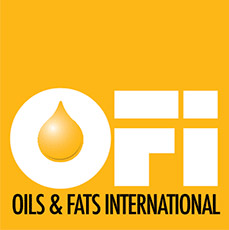In their native form, most edible oils have only limited application in food products. They are therefore often modified, chemically and/or physically, in order to alter their textural properties.
In the industry, 3 principal modification processes are used:
- Fractionation will separate the fat into a more solid and a more liquid fraction;
- Interesterification imposes a redistribution of the fatty acids over the triglyceride which allows to chemically ‘blend’ properties of different oil;
- Hydrogenation will saturate the double bonds in the fat, leading to a much harder fat.
Like all our edible oil processing technologies, Desmet’s proprietary oil modification technologies are continuously reconceived and improved in order to deliver the highest product quality in combination with minimal operation costs and least of environmental load. Indeed, our most contemporary processes like enzymatic interesterification and speciality fats fractionation can boast a much ‘greener’ image because of their safer, more sustainable and efficient way of operation. Moreover, the ease of use on a daily basis and possibility to integrate various technologies within one processing plant opens the way to even better process control, as well as synergistic combinations between the different modification techniques.

